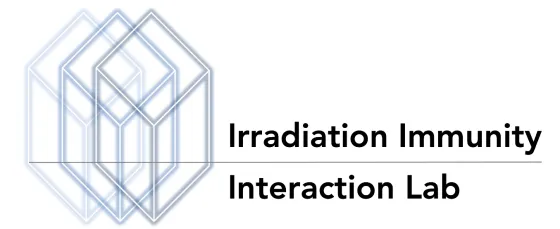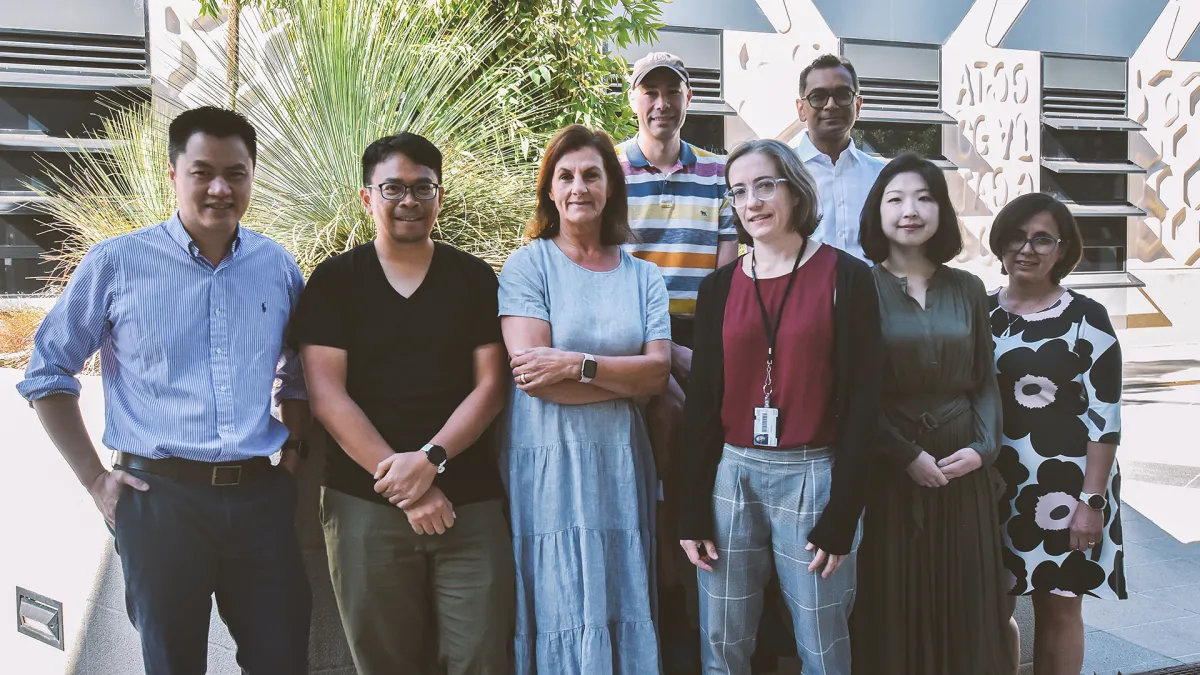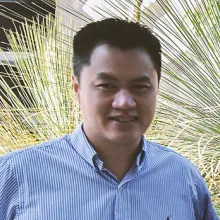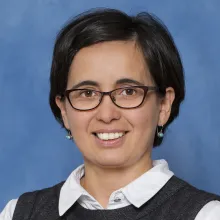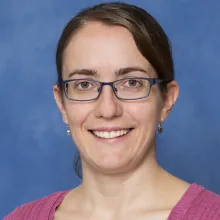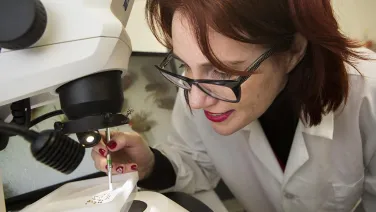
Irradiation Immunity Interaction Laboratory (I-Cube Lab)
The I-Cube Lab aims to foster collaborations between healthcare professionals and scientists to pursue cancer research.
Research themes
About
The Irradiation Immunity Interaction Laboratory (I-Cube Lab) aims to foster collaborations between healthcare professionals (including radiation oncologists, medical physicists, and radiation therapists) and scientists (including cancer biologists, immunologists, and research professionals) to pursue cancer research. Our main mode of operation is to develop research pipelines tested preclinically for translation to the clinic.
The primary research focus of the I-Cube Lab is to explore how radiation therapy modulates local and systemic immunity against cancer. Areas of interest include development of multiparameter analysis pipelines to discover biomarkers for improving personalisation of existing treatment regimens and guide preclinical development of novel cancer radio-immunotherapies.
Key current projects running in the lab
- Cancer immune signatures and radiomics for predicting cancer progression and treatment outcomes.
- Optimising radiation therapy schedules for tumoricidal immunogenic outcomes.
- Enhancing radiation therapy mediated immunity against cancer using danger signals.
- Optimising radio-immunotherapy by reducing tumour-mediated immunosuppression.
Prospective student projects
- Blood and radiomic biomarkers in diagnosis and prognostication of cancer using machine learning.
- Enhancing radiation therapy mediated immunity against cancer using danger signals.
- Enhancing radiation therapy outcome by inhibiting tumour mediated immunosuppression.
Key research infrastructure
- The I-Cube lab is equipped with a state-of-the-art small animal image-guided radiation therapy platform.
- The platform delivers radiation therapy like clinical machines, featuring:
- CT scan guidance.
- Monte Carlo-based treatment planning software.
- High resolution therapy delivery through a variable collimator to sub mm levels.
- Fixed beam and arc-based therapy with 360o beam rotation and couch movement.
